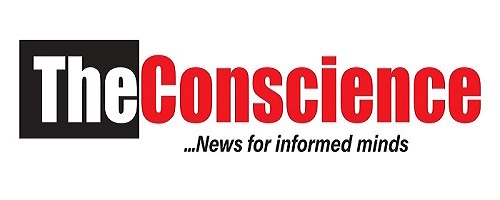Nigerian Telecom Operators Require Tariff Increase to Boost Quality Of Service, Says ATCON
The Association of Telecommunications Companies of Nigeria (ATCON) has said that tariff adjustment in the telecommunications industry has become expedient for the operators to improve the quality of their voice and internet services.
The President of ATCON, Mr Tony Emoekpere, stated this during an interview with the News Agency of Nigeria (NAN) on Tuesday.
Aside from tariff adjustments, Emoekpere said the operators would also need economic incentives to mitigate the impacts of the rising operational and capital costs.
“MNOs should be permitted to implement controlled tariff increases to account for rising operational and capital costs.
“In parallel, the government can provide tax breaks or subsidies to ease consumer affordability while ensuring operators can sustain their infrastructure investments,” the ATCON president said.
Commission (NCC).
With the goals’ deadline fast approaching, and Nigerians’ continued experience of poor and weak internet becoming a norm, Emoekpere identified some lapses and ways of setting things in order.
According to him, urban regions like Lagos are enjoying faster and more reliable connectivity compared to underserved rural areas, where infrastructure gaps persist.
“The barriers to broadband internet expansion in Nigeria reflect a combination of infrastructure deficits, economic constraints, and systemic challenges.
Addressing these is critical for achieving equitable digital inclusion and supporting the country’s economic growth,” Emoekpere said.
The ATCON president affirms the gap in the deployment of broadband infrastructure, particularly in rural and underserved areas.
“The limited penetration of fibre-optic networks and inadequate last-mile connections prevent equitable access to high-speed internet.
“These gaps exacerbate the digital divide, leaving millions without meaningful connectivity. The affordability of internet access remains a critical issue.
“Broadband services and devices are still too expensive for many Nigerians, especially those in lower-income brackets.
On the frequent internet service disruptions, Emoekpere says connectivity reliability has been compromised by vandalism, fibre cuts during construction activities, and Nigeria’s inconsistent power supply.
“Such disruptions not only affect service delivery but also lead to higher operational costs for telecom providers,” he said.
Due to the increasing costs, telecom operators in Nigeria have since last year been clamouring for an increase in tariffs.
In a joint statement by the Association of Licensed Telecom Operators of Nigeria (ALTON) and The Association of Telecommunication Companies of Nigeria (ATCON), the operators said the telecom industry is the only industry that has not reviewed its prices despite the rising inflation in the country and other economic realities that warrant increment.
They blamed this on the regulatory restraints that have been preventing them from pricing appropriately.
The Nigerian Communications Commission (NCC) regulates prices in the telecom industry and telecom operators are not allowed to implement any price change without the regulator’s approval.
The regulator has said a cost-based study is being conducted to determine if it would approve price increments for the operators.























